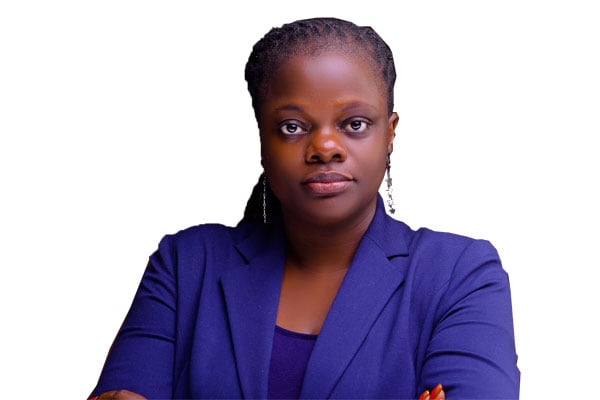Soldiers, police get huge salary rise in new budget

UPDF soldiers inside the forest of Ituri Province, eastern DR Congo on January 17, 2024. PHOTO | ALEX ASHABA
What you need to know:
- The UPDF will not face the same salary disparity problems since the leadership first enhanced salaries of senior officers before they considered junior soldiers
Junior security personnel from all agencies from the rank of captain (or its equal) to the lowest rank are to get a 25 percent salary enhancement in the next financial year.
While reading the budget speech yesterday, the Minister of Finance, Planning and Economic Development, Mr Matia Kasaija, said security personnel at the rank of captain and below will get a 25 percent salary enhancement.
“To the gallant men and women in uniform, at the rank of Captain and below – who are serving in the UPDF, in the Uganda Police, in the Uganda Prisons, in internal and external intelligence services- this budget contains the first installment to enhance your pay. Continue to serve your country and keep it as safe as you have always done. Happy belated Heroes Day,” Mr Kasaija said.
Security personnel have been among those earning the lowest pay in the public service system.
In April, Parliament approved a 100 percent and above pay rise of soldiers at the rank of captain and below.
Mr Kasaija said the government has earmarked Shs9.107 trillion for the security agencies.
“Peace and security of all persons in Uganda. I have allocated a total of Shs9.107 trillion, including a 25 percent enhancement of salaries of all security personnel at the rank of Captain and below,” Mr Kasaija said.
Although the 25 percent pay rise will make a huge difference in the soldiers’ lives, it is less by more than 75 percent that the Parliament had approved in April this year.
The pay rise means that the soldier at the lowest rank, a private, will earn Shs606,598.75 per month starting with July this year from Shs485,279 that s/he has been getting.
In April, Parliament approved a pay rise for the private to Shs828,426.
The Parliament also increased the pay for nine other soldiers of different ranks at the lower level beyond 100 per cent.
A soldier at the rank of captain was to get Shs2,736,333 after a pay rise in the Parliament proposal from Shs845,638, but Mr Kasaija will give him or her Shs1,057,047.5 following a 25 percent enhancement.
In the new salary scale, a lieutenant will get Shs965,745 from Shs772,596 while a second lieutenant will earn Shs767,112.5 from Shs613,690.
During the passing the budget in April this year, many Members of Parliament had complained about increasing salaries of soldiers and leaving out security personnel of other agencies.
Unlike soldiers, whose agency is semi autonomous, the police and prison officers are under the Ministry of Public Services, which has been regulating their salary.
In the police and prisons, the lowest ranking officer, a police constable or warder, earns Shs470,000 per month followed by a corporal, who earns Shs530,000, and a sergeant, who gets Shs570,000.
The next officers are staff sergeant, constable major and head constable major. The head constable major is below the Assistant Inspector of Police and Inspector of Police, who earn Shs556,000 and Shs620,000 per month respectively.
Assistant Superintendent of Police/Prisons earn around Shs700,000. They will get a 25 percent pay rise.
However, the pay rise of junior security personnel in police and prisons could lead to demands for an enhancement from senior officers like superintendent of police/prisons and senior superintendent of police/prisons who will now earn less than officers below their ranks every month.
The Uganda Peoples Defence Forces will not face the same salary disparity problems since the leadership first enhanced salaries of senior officers before they considered junior soldiers.




